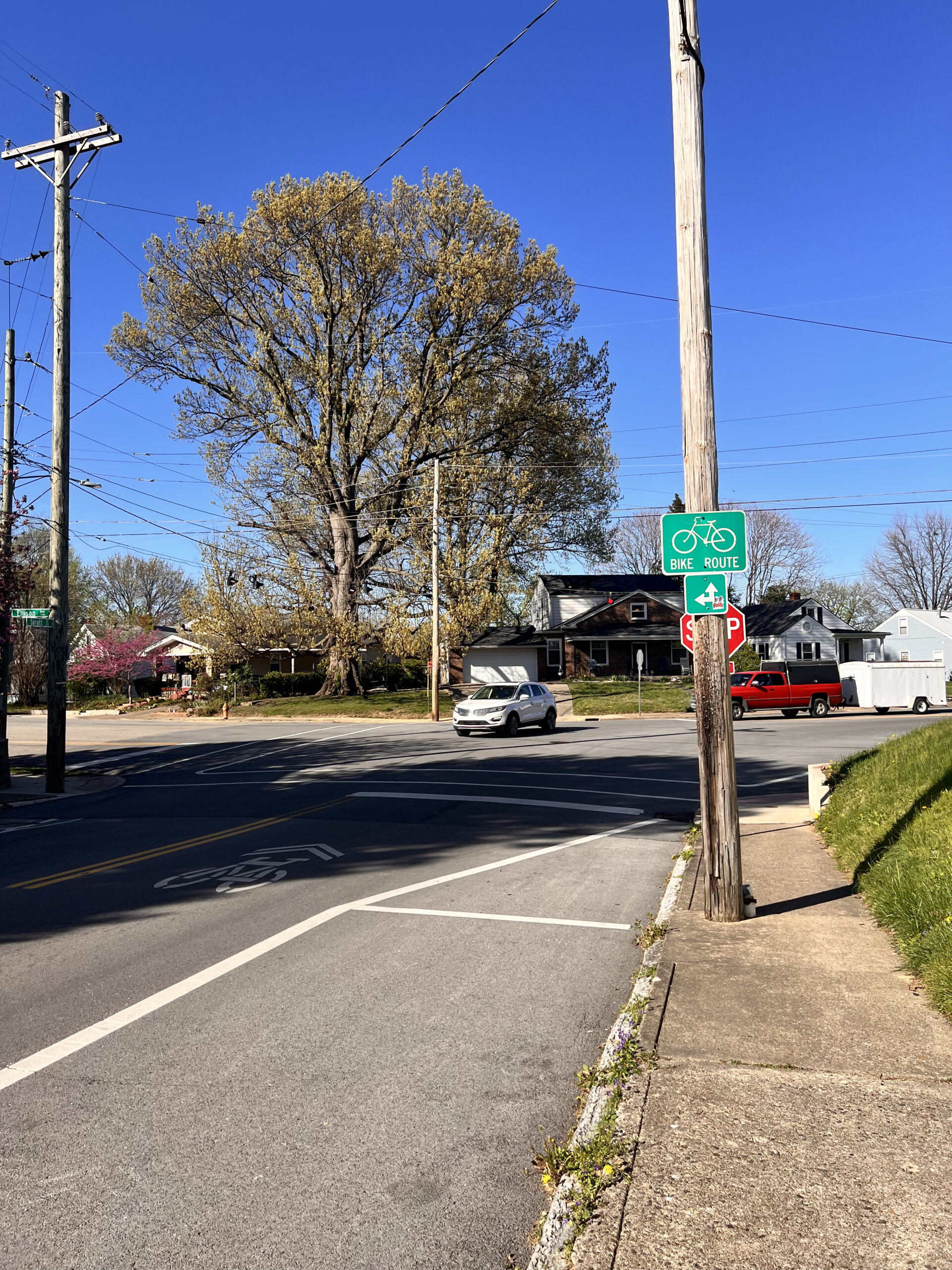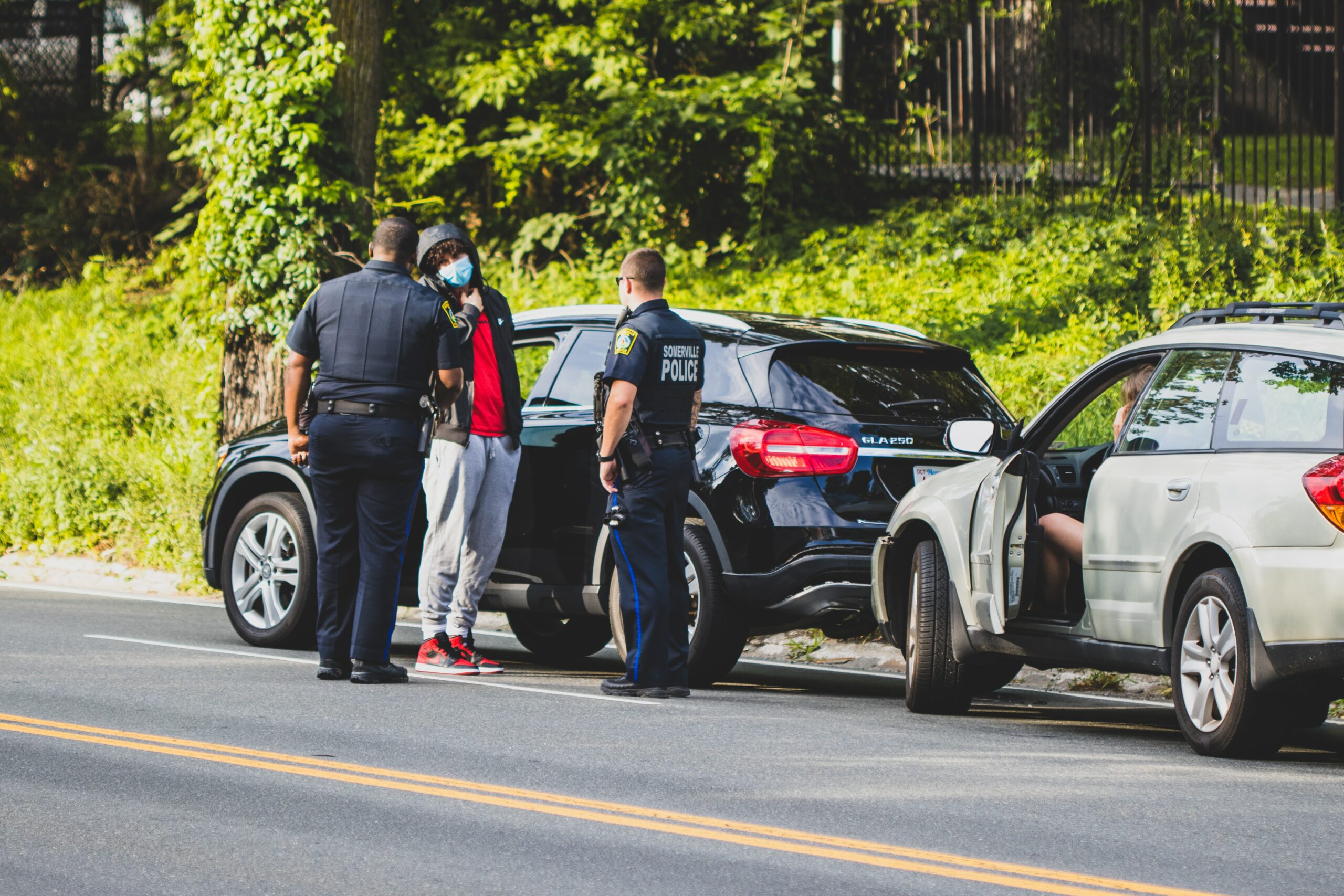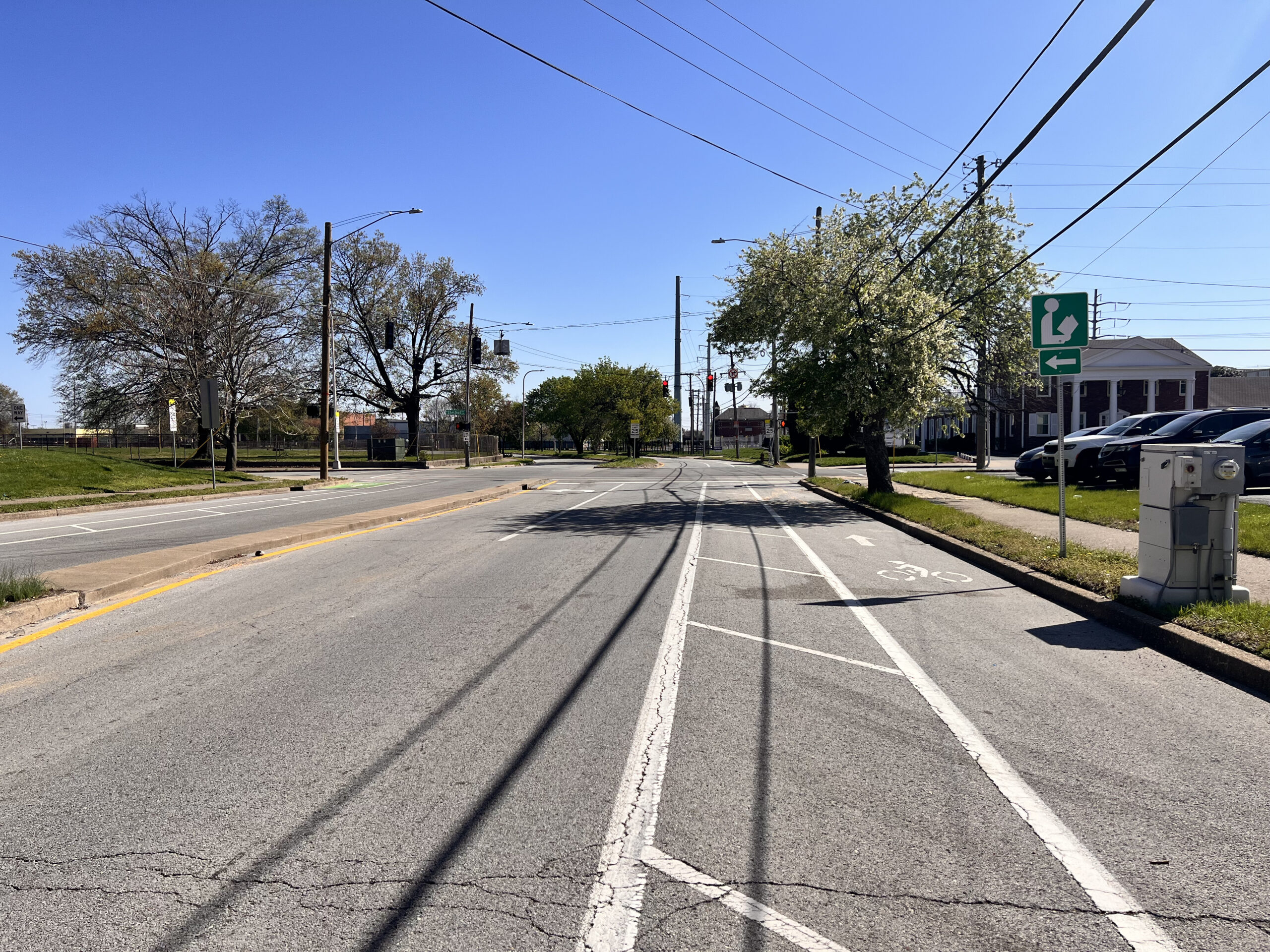In May of 2017, a car police spotted a stolen car in Knox County and gave chase. The suspect had allegedly stolen the car from Laurel County and took off after seeing police. The chase went on into Bell County and ended in Pineville in front of a Little Caesar’s Pizza.
The stolen car crashed into another vehicle and then a third before it rested. Several people were hurt and one was taken by air to a hospital and another was driven in an ambulance. Both sustained serious injuries.
In Kentucky, around 800 police chases a year end in a crash, and out of those, around five people die and many more are injured. Some of those deaths and injuries happen to the target of the chase car, while in other crashes like the May 2017 chase above, innocent bystanders or other vehicle occupants become victims.
In other cases, the passengers in the target car are the ones that are injured. On Friday, August 9, 2019, in northern Kentucky, police spotted a stolen vehicle with a driver and several passengers inside and pursued. The chase went for only a half-mile before the car spun off the road and into an embankment.
The driver got out and fled on foot and the other occupants were injured and stayed in the car. It’s unknown just how bad the injuries were and at least one was taken by ambulance to a local hospital. So can those in the stolen car sue the police for a police chase injury?
Whose Fault is a Police Chase Injury?
That’s not an easy question. By law, police in Kentucky are allowed to initiate a pursuit but only under certain condition. Kentucky law enforcement policy states:
Initiating the Pursuit: Officers/Deputies shall only initiate a pursuit:
- When there is reasonable suspicion that the driver of that vehicle has committed a violent felony, or
- When there is evidence of outrageous, reckless driving generally or possibly in association with driving under the influence and these observations precede the officer’s/deputy’s intervention through any pursuit mode.
The law puts limitations on when a police chase can take place, and it’s generally limited to whether the public would be in danger if the pursuit didn’t take place. This is to balance the danger to the public when police pursue a suspect.
But here’s the catch, even if the police officer violates the rule of the chase, this doesn’t automatically mean that the officer is going to be at fault and liable for injuries. He or she may be in trouble with their department and may even face charges if the circumstances allowed, but to determine fault for liability, this is a question for a civil court and civil law
Sovereign Immunity
But before we can address the question of civil fault, we need to look at whether a victim of injuries can sue the police if indeed it ended up being the police officer’s fault. A 1952 Kentucky Supreme Court ruling gave police blanket immunity for any police chase injuries or deaths because of Kentucky’s sovereign Immunity doctrine.
This is a legal rule that came from England at our country’s founding and prevented the citizens from suing the government, and in 1952, Kentucky’s highest court affirmed that doctrine and put to rest the question of police chase lawsuits.
Supreme Court Reverses own Ruling
In June of 2019, the Kentucky Supreme Court reversed its previous ruling and said that the question of liability in a police suit is one of negligence and up to a jury. In their ruling, the justices said that Kentucky was behind the times as most other states have allowed such suits and it was time to bring the state into modern times. So now we can look at what it means to be negligent in a police pursuit injury.
Police Negligence
This means that if a jury decides that a police officer is negligent in his or her pursuit of a suspect and someone is injured, then the injured persons can sue for damages. In most states that allow these suits, there are limitations such as a person involved in a crime can’t collect damages, or there is a cap on damages or there are several deadlines and procedures that must be followed.
At present, Kentucky has no law limiting these suits, so if the jury determines the police officer was negligent—meaning he or she didn’t do what a reasonable and prudent officer would have done under similar conditions—then the victim of the injury will be able to collect money from the state.
Future of Police Chase Lawsuits in Kentucky
This is a potential disaster for the state, so look to the Kentucky legislature to work on passing a law soon to start putting limitations and restriction on these suits. Without such a law, then it could cost the state untold millions in damages over the next several years.
What do I do if I’m Injured in a Police Chase?
If you’ve been injured in a police chase, you should talk to an experienced attorney right away. Under the new ruling, if the police were negligent in they way they conducted the chase, then they could be held liable for damages for any injuries caused by their negligence.
If you are unsure if you feel you have a case for negligence, then come see Kaufman & Stigger, PLLC, right away. We offer a free consultation where you can be told your rights under the law and have your case evaluated to see if it’s worth pursuing.
Call the attorneys at Kaufman & Stigger, PLLC, and they will stand behind you to make sure that you are treated fairly and that you get the highest compensation allowed by the law.










